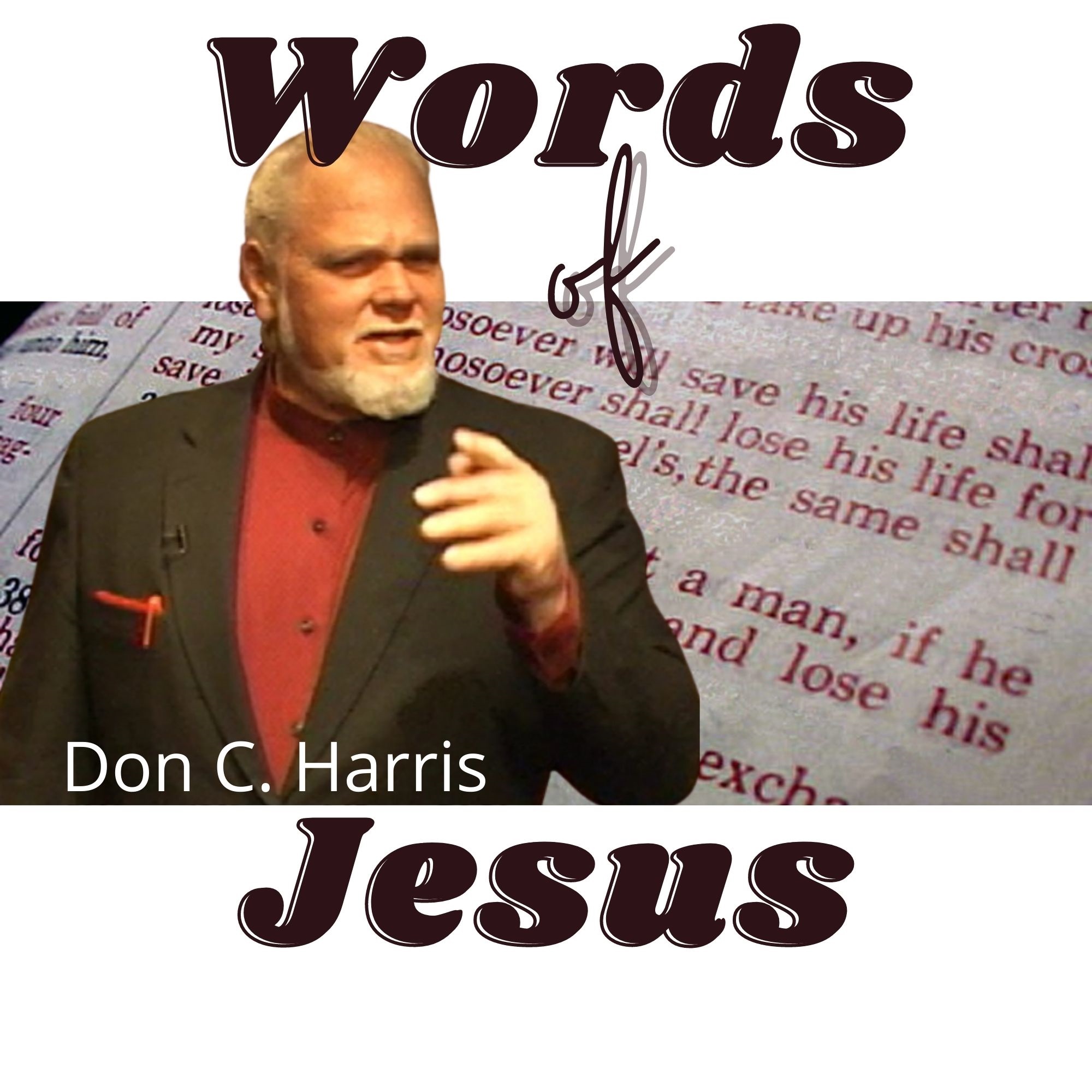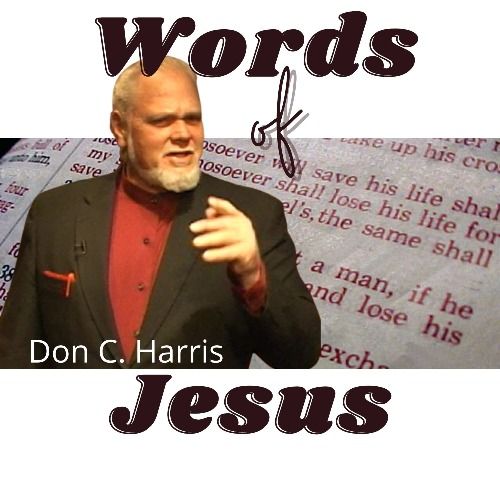Passover Transition From A Lamb To A Man
Fulfilled! "Passover. . .A memorial of Me."
Generations pass, years pass, feast rehearsals pass. One day, that which was anticipated is fulfilled. Tradition is difficult to change; in fact, divine inspiration or revelation is required. The Scriptures record the result of the revelations of the Holy Spirit, which are received by some, but not all of the people present. John the Baptist recognized the Lamb of God by revelation. Peter recognized Jesus as the Son of God by revelation. The woman with the alabaster box of ointment recognized Jesus as the Messiah by revelation. There is a subtle, yet unmistakable distinction between those who see and those who are blind; those who hear and those who are deaf; those who understand the parable and those who do not. This message is not for everyone.
Revealed: "to make known through divine inspiration."
***
105: Jesus Predicts His Betrayal
Matthew 26:1-5; Mark 14:1, 2; Luke 22:1, 2
Two days before the feast of the unleavened bread, known as the Feast of the Passover, Jesus said to his disciples:
"Ye know that after two days is the Feast of the Passover, and the Son of man is betrayed to be crucified."
The chief priests, scribes, and elders of the people gathered together in the palace of Caiaphas, the high priest. They discussed how they might take Jesus by craft and slay him.
But they said:
"Not on the feast day, lest there be an uproar among the people."
***
106: Jesus Anointed With Ointment
Matthew 26:6-13; Mark 14:3-9; John 12:2-8
JESUS VISITED the house of Simon the leper, in Bethany.
As he sat to eat, a woman came to Jesus with an alabaster box of very costly ointment of spikenard, which she poured on his hair. Some were indignant at this, saying:
“Why was this waste of the ointment made? For it might have been sold for more than three hundred pence, and have been given to the poor.”
Jesus said:
“Let her alone. Why trouble ye her? She hath wrought a good work on me. For ye have the poor with you always, and whensoever ye will ye may do them good; but me ye have not always. She hath done what she could. She is come aforehand to anoint my body to the burying. Verily I say unto you, ‘Wheresoever this gospel shall be preached throughout the whole world, this also that she hath done shall be spoken of for a memorial of her.’”

